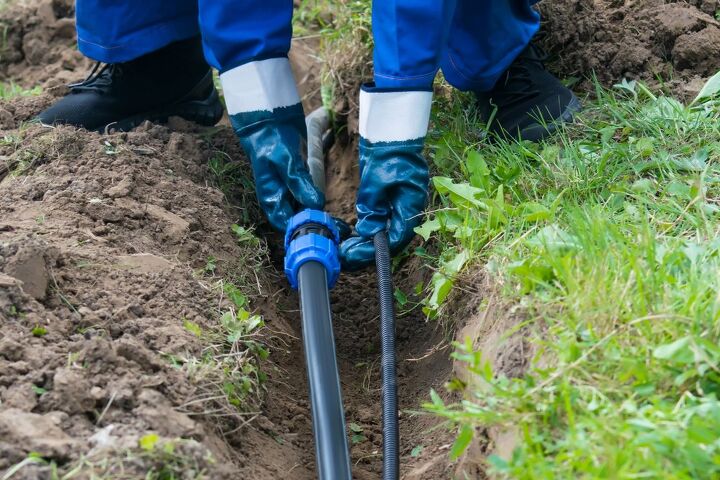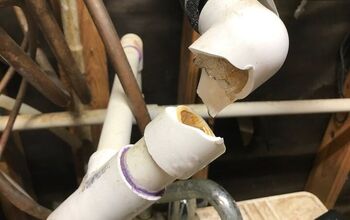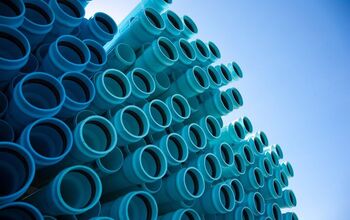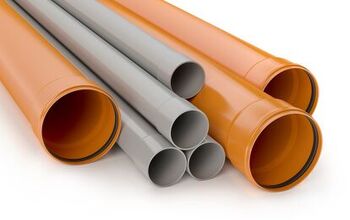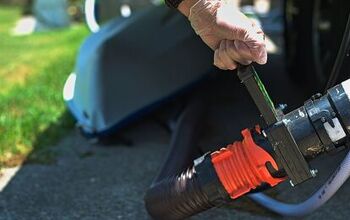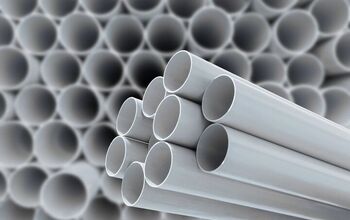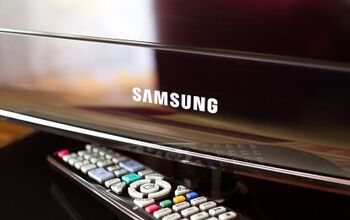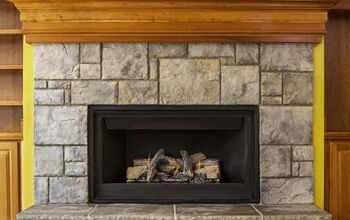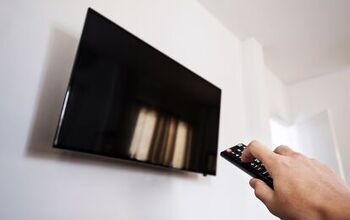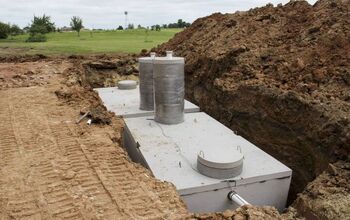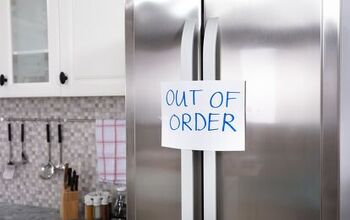How Long Will PVC Pipe Last Underground? (Find Out Now!)

Many different materials have been used to lay water and sewer pipes underground. In many parts of the country, infrastructure failures include broken water and sewer mains that cause expensive repairs interruptions. Homeowners experience the same sorts of problems with their plumbing. Many homeowners wonder how long PVC pipe will last buried underground.
According to Utah State Universities, Buried Structure Laboratory, PVC pipe has an expected life span of 100+ years when properly installed underground. Redig studies on PVC pipe installations of 30 years show no appreciable deterioration in the PVC pipe. Experts believe a 100-year lifespan for buried PVC pipe is a conservative estimate.
In comparison, other materials used for underground installations don’t have the expected lifespan that PVC pipe seems to offer. In most instances, the benefits of PVC pipe installations underground far outweigh the shortcomings. However, some installations may not be suitable for PVC pipe installations.
Do You Need a Faucet, Fixture, or Pipe Repair or Replacement?
Get free, zero-commitment quotes from pro contractors near you.

PVC Pipe, Underground and Out of Mind
PVC pipe for underground domestic water supplies and waste pipe installations has grown over the past few years. PVC pipe for large-scale water main and waste systems is now the de-facto standard. Residential use of PVC pipe for domestic water supplies and waste systems has replaced other types of pipes.
One great benefit of using PVC for underground pipe installations is its longevity. Comparing the expected lifespan of PVC pipe with other pipe materials clearly shows the life span advantage of PVC pipe. Cost is another advantage that PVC pipe holds over other materials.
| Pipe Material | Expected Life Span Underground |
| Copper | 70 – 80 years |
| Galvanized Steel | 50 – 60 years |
| Cast Iron | 70 – 80 years |
| PVC | 100+ years |
Copper Pipe
Copper pipe has long been the standard in water system plumbing. Many upscale builders still specify copper pipes for domestic water systems. Copper pipe can be expected to last 70 to 80 years under most conditions when buried. However, copper can corrode under certain conditions or if improperly installed.
Galvanized Steel Pipe
For many years, galvanized steel pipe was used to deliver domestic water to the home. In some areas, galvanized pipe was a standard installation for plumbing inside the home. While galvanized steel pipe has a long life when buried, corrosion and scale build-up inside the pipe. These problems shorten the expected lifespan considerably.
Galvanized pipe is rarely used for plumbing domestic water supplies at present. The cost and demands of proper installation and the corrosion and clogging problems have almost eliminated galvanized steel pipes.
Cast Iron Pipe
Used primarily for waste pipe, cast iron has a relatively long lifespan when buried. However, corrosion and a tendency to clog easily as the pipe ages have reduced cast iron pipe popularity for waste removal systems. The cast-iron weight is also a negative when compared with lightweight PVC pipes.
PVC Pipe
PVC offers many advantages for both domestic water and wastewater systems. PVC doesn’t corrode, nor does it clog easily. PVC is lightweight compared to other materials and easy to install. The cost is less than most other types of pipes. When these advantages are considered with the 100+ year lifespan of buried PVC pipe, it isn’t hard to see why PVC is popular.
Is PVC Safe for Drinking Water?
Most schedule 40 PVC pipe is safe for drinking water purposes. The National Sanitation Foundation rates PVC as safe for potable water applications. To ensure that your PVC pipe is rated for potable water, check for the label “NSF” printed on the pipe.
One of the often-cited problems with plumbing a household domestic water supply with PVC pipe is the relatively low-temperature rating on PVC. Domestic water heaters may produce temperatures high enough to degrade PVC pipes. This can lead to joint failures and leaks.
The solution to this problem is to use CPVC pipes where domestic hat water is needed. CPVC is an approved PVC material blended with components that render it better to handle higher temperatures.
What Problems Can Occur with Buried PVC Pipe?
Improper installation is the biggest problem with buried PVC pipes. When not properly installed, PVC can be prone to several possible problems.
- Trenching and Installation – In general, it is not as simple as digging a trench, putting in the pipe, and backfilling with the spoils. The trench must be properly prepared for the PVC pipes. Most PVC underground pipe installations should be laid into a trench with a sand foundation for the pipes. The sand provides proper support for the PVC pipes and allows water drainage around the pipes to prevent erosion and voids. The sand foundation also makes grading the trench easier when the waste pipe is installed to ensure proper flow rates in the pipe.
- Backfilling – Backfilling must also be done properly. The backfill material should be screened to remove large hard clumps, rocks, and other debris. Any debris with sharp edges or points is a potential leak waiting to happen. PVC pipe is flexible. Under pressure, PVC pipes can move even when buried. Pipe movement against rocks, concrete debris or other waste materials can eventually cause the pipe to fail.
- Depth of Installation – PVC pipe must be buried below the frost line. Freezing is one of the major causes of failure with PVC pipes, especially in water lines. PVC pipe is relatively strong. It will not stand up to water expanding as it freezes. The pressure exerted by the expanding ice can easily crack PVC pipes and cause joints to fail. Many experts recommend that PVC pipe be buried at least six inches below the recognized frost line in your area.
- Improper Installation Techniques – PVC pipe is generally installed using solvent welded joints. Some larger diameter PVC pipes use a bell and spigot joint with integral O-rings to make the seal. On domestic water and waste systems, solvent cement joints are most common. The joints must be made to industry standards, or the risk of failure and leaks grows.
For the most part, underground PVC pipes are economical, effective, and long-lasting. Some building codes make special requirements for PVC used in domestic water systems. Your plumber will be knowledgeable about these requirements.
Do You Need a Faucet, Fixture, or Pipe Repair or Replacement?
Get free, zero-commitment quotes from pro contractors near you.

PVC Underground – A long Term Solution
Buried PVC pipes have a long expected lifespan if installed properly. The relatively inexpensive cost for materials and installation is a huge consideration making PVC pipe popular with developers, builders, and homeowners. Almost all municipal water and sewer mains being installed are PVC due to the cost and durability of this material.
Related Guide

Dennis is a retired firefighter with an extensive background in construction, home improvement, and remodeling. He worked in the trades part-time while serving as an active firefighter. On his retirement, he started a remodeling and home repair business, which he ran for several years.
More by Dennis Howard



